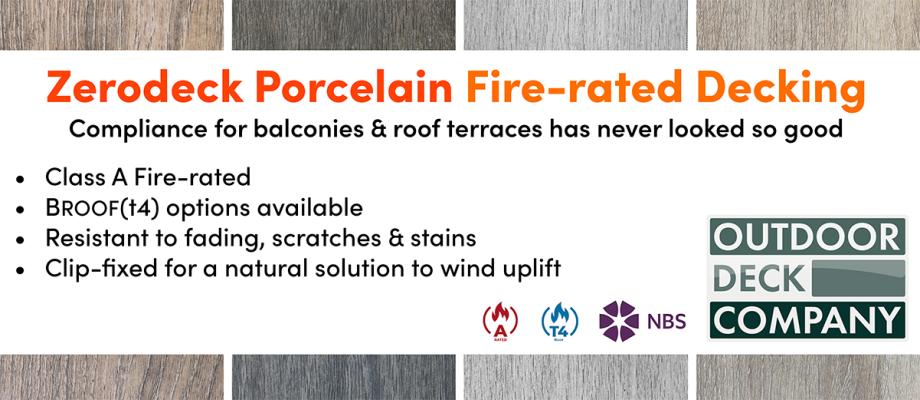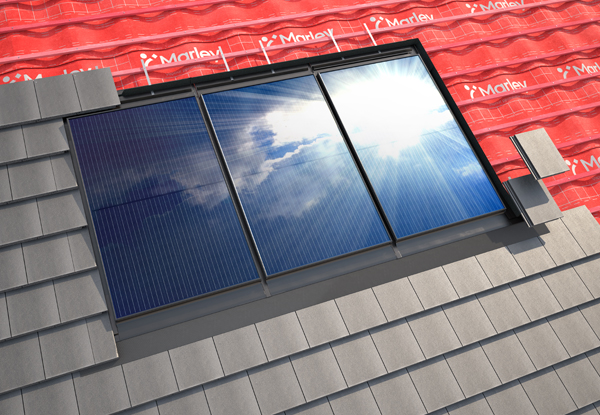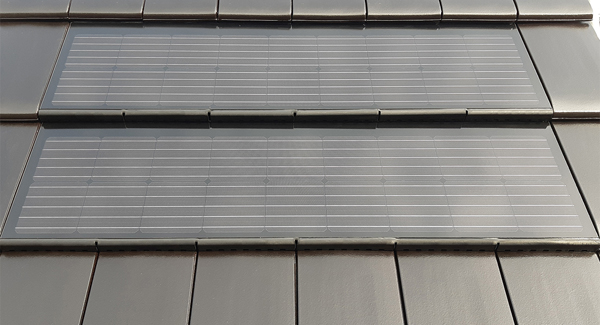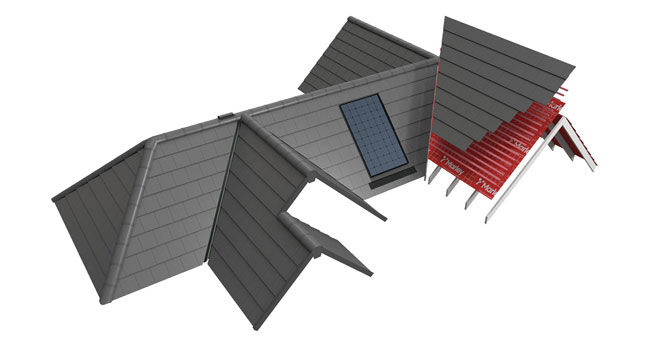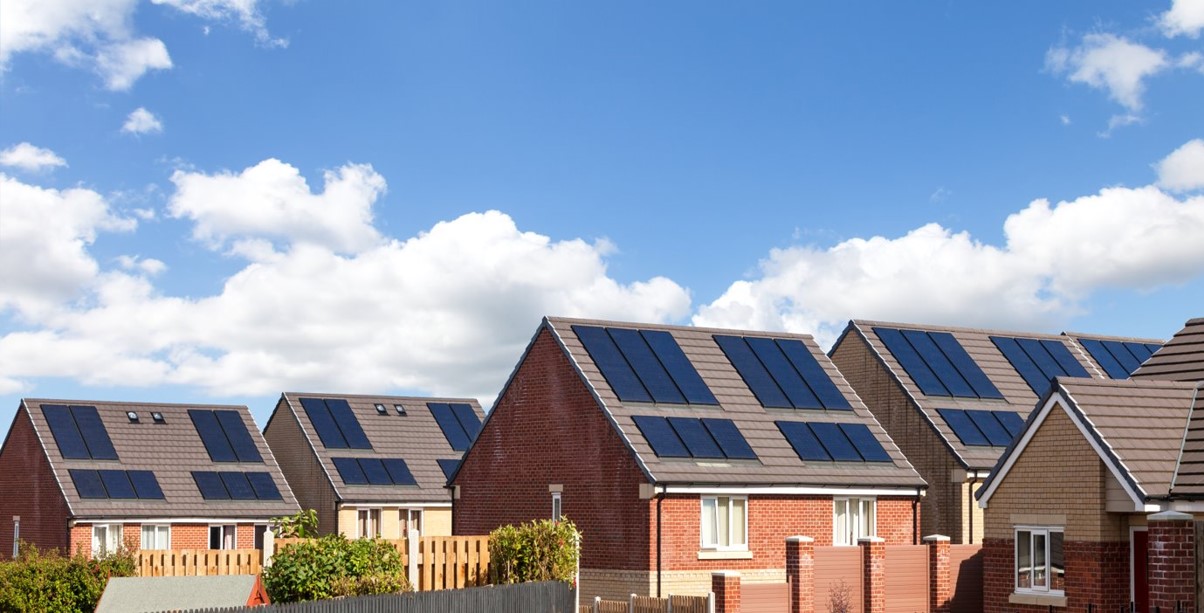Marley enhances solar panel range with launch of M10

To further support the availability of sustainable roofing solutions, Marley has extended its SolarTile® range, with the launch of a new panel.
Larger than Marley’s existing 335Wp system, the new M10 Solar Photovoltaic Panel delivers a peak power of 405Wp to increase total power from a roof area, while allowing for the installation of fewer solar panels to achieve the desired power output.
Building on the ease of installation found in Marley’s SolarTile® range, the new M10 also offers simple roof integration with a clean, low-profile aesthetic making it a sustainable solution for new builds and retrofit projects.











